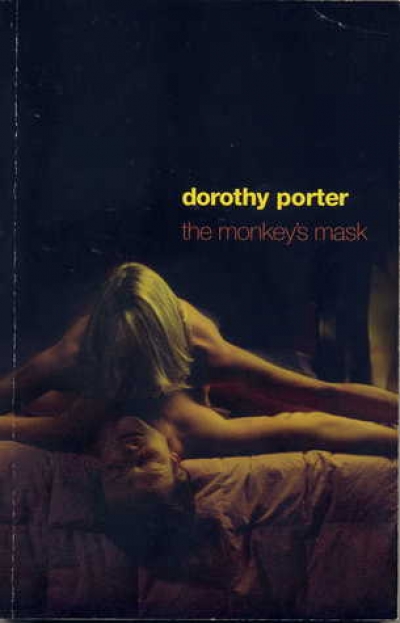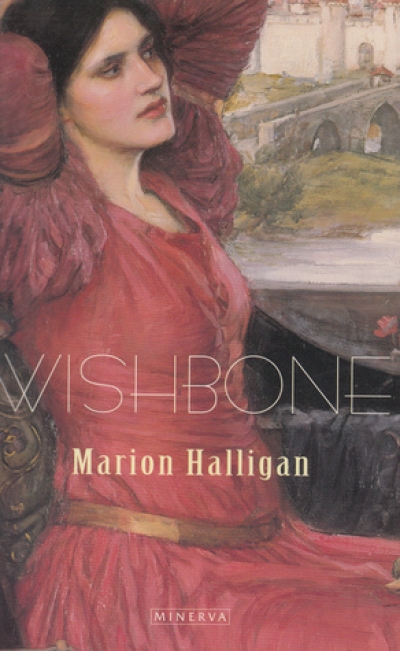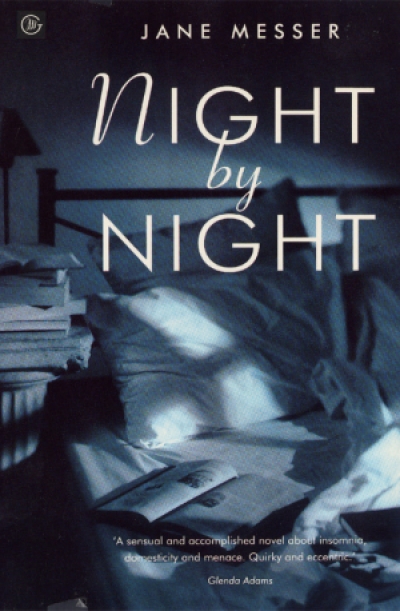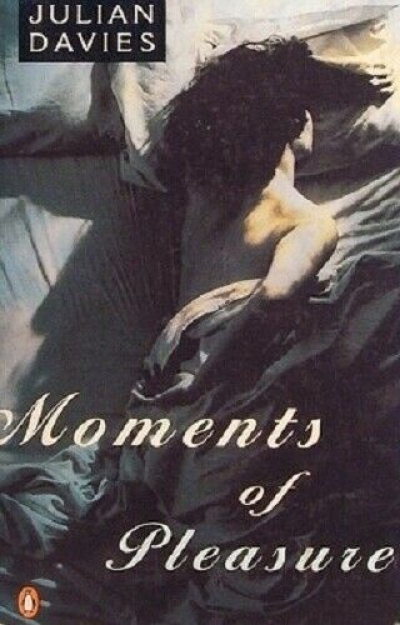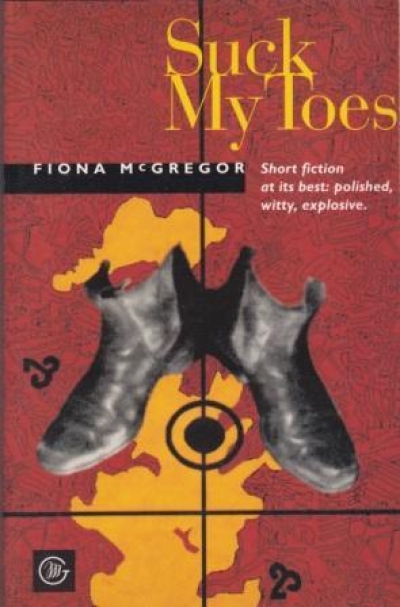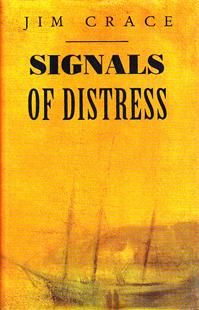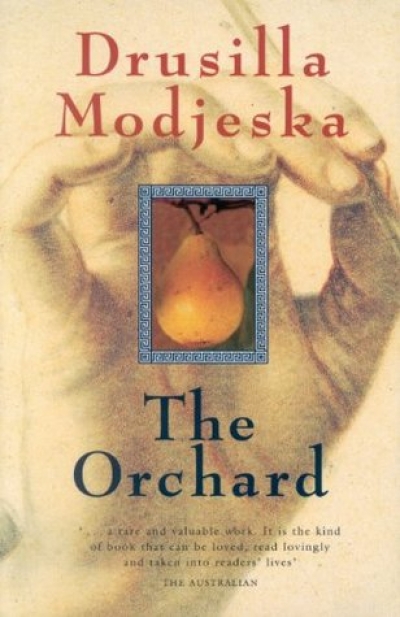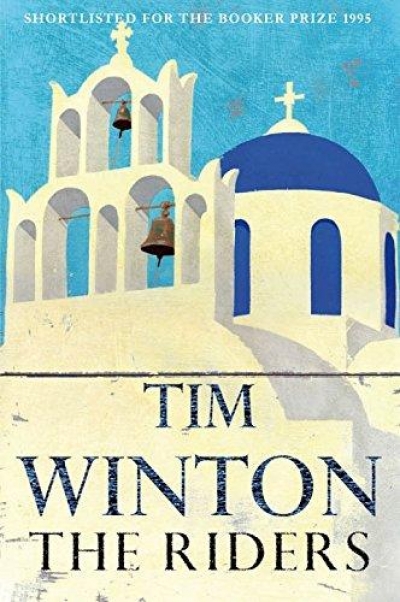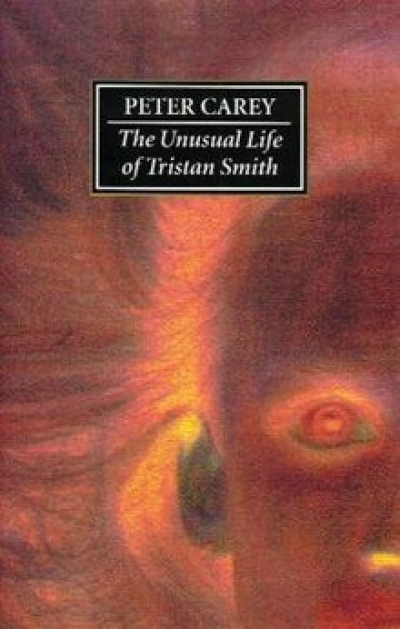Fiction
Dorothy Porter has been called an audacious poet. She has been called a sexy read. Doug Anderson described her as ‘One of our most exuberant and perceptive purveyors of passion.’ With the publication of her latest book, The Monkey’s Mask, Porter’s reputation stands firm.
... (read more)These are the opening lines of Wishbone. Already I know that this is a book I want to continue reading, and not just for the promise of sex, romance, and intrigue. I am also attracted by the ‘difficulty’ of knowing just what tone is being taken here, and just who is speaking to me in these words. As well as being thrown immediately into the story, the reader is confronted with this tone – analytic, cool, amused? There is the holding-back of both information and conclusions. There is the emphasis on bodies, their awkwardness, the space they take up, their economics … and later the words and wishes they produce. Knight will say to his lover, Emmanuelle, ‘I thought we could have an affair and just be bodies.’
... (read more)This is the first novel for Jane Messer who, we are told, is writing a second book as part of a Doctorate of Creative Arts – and, I must admit, that put me off a bit. Not that I think writers should be uneducated, but academic qualifications in ‘creative writing’ are still a bit suss as far as I’m concerned. I don’t like the thought that I’m reading someone’s term paper, or Master of Arts in Writing from John Hopkins University.
... (read more)Beatrice Wood, banished by those around her to ‘the category of the aged’, is both the focus and the strength of Julian Davies’s third novel, Moments of Pleasure. Choosing to live her life as a single woman, she has been the unforgiven Magdalene of her family because for fifty years she has been the lover of Mark, a man twice married. A dapper moustache of a man, Mark drifts in and out of both Bea’s life and the novel.
... (read more)Sometimes I long for beauty – in a book I want beautiful writing and even some beauty illuminated in everyday experience. Fiona McGregor’s short story collection does little to ease my longing.
... (read more)Reviewing Signals of Distress in the 11 Sept Guardian Weekly, Philip Hensher accuses Jim Crace of writing a ‘boy’s book’ in the meretricious style of a Golding feigning Conrad, and ending up all at sea.
... (read more)Are you a regional writer?
I suppose I am, if your definition of a regional writer is someone who evokes atmosphere and themes which have a particular relevance for a region. Firstly, to take the most obvious thing there has always been a particular buccaneering business style, dating from the days of the goldrush of the 1890s and in various eras since, and the whole 1980s materialistic era was written even larger on the West Coast than other places. Going even further back in historical terms when you think of the peculiarities of the exploration of this coast, both by the French and the Dutch, that is something which distinguishes the West Coast. Because of my particular enthusiasm for history and research and canvassing matters of the early exploration, it is a theme which has found its way into three or four of my books.
... (read more)Like Drusilla Modjeska’s earlier book, Poppy, this is a book that resists easy classification. It’s the sort of book that may infuriate those who like their ideas served up in separate self-contained portions: fiction, history, biography, criticism. It’s also likely to confound librarians and booksellers, faced with the problem of where to shelve it. Modjeska’s ideas are not answerable to the Dewey Decimal System.
... (read more)Okay I’ve just finished reading Tim Winton’s The Riders. I’ve scribbled notes on pages all the way through, but I don’t want to go back and consult them. Who wants to return to hell?
... (read more)This is a dazzling book. A sprawling, sensual, rambunctious marvel of a novel, it drives its readers out of their everyday world and every comfortable preconception. It takes enormous risks, not least that of demanding our understanding for the monstrous.
... (read more)

